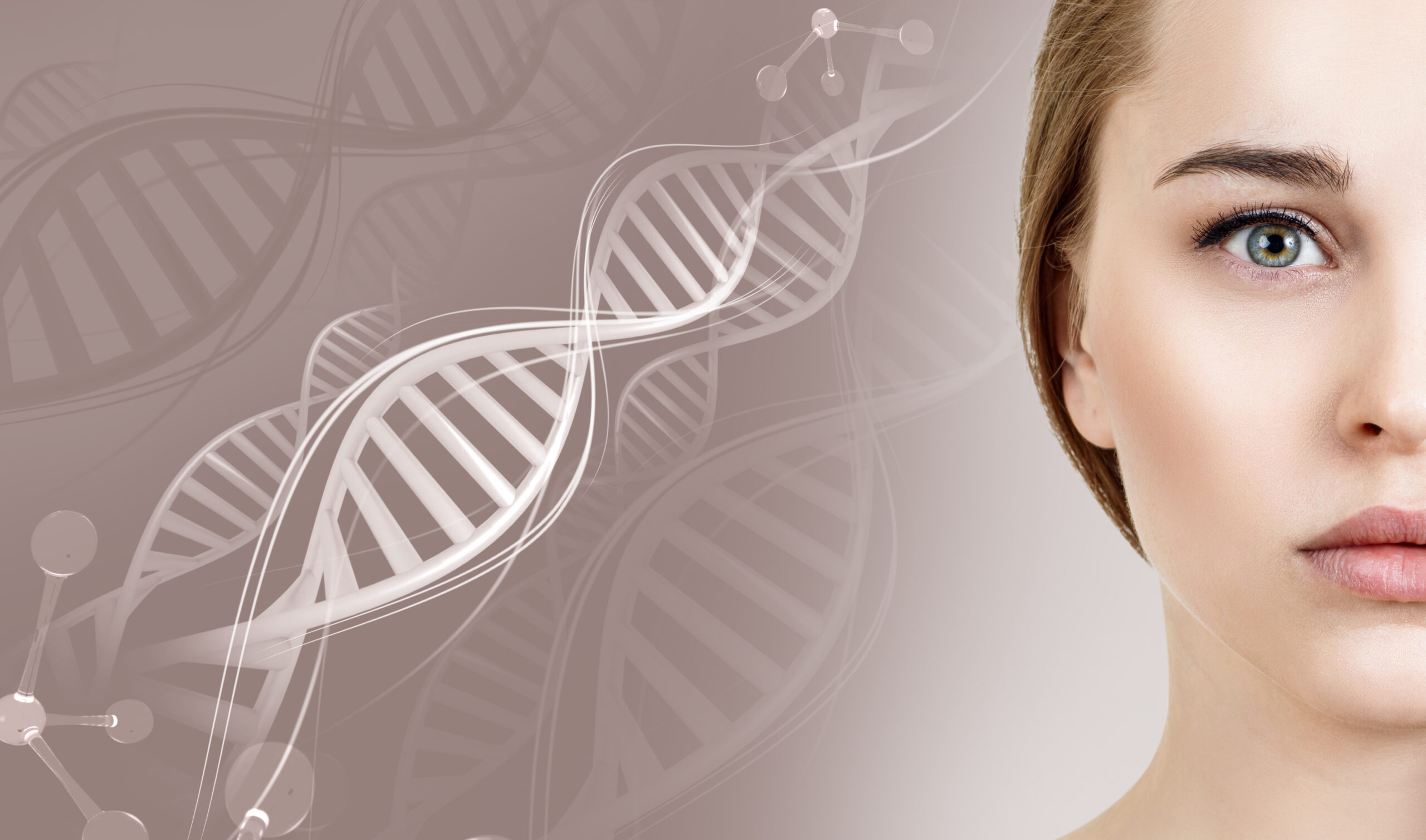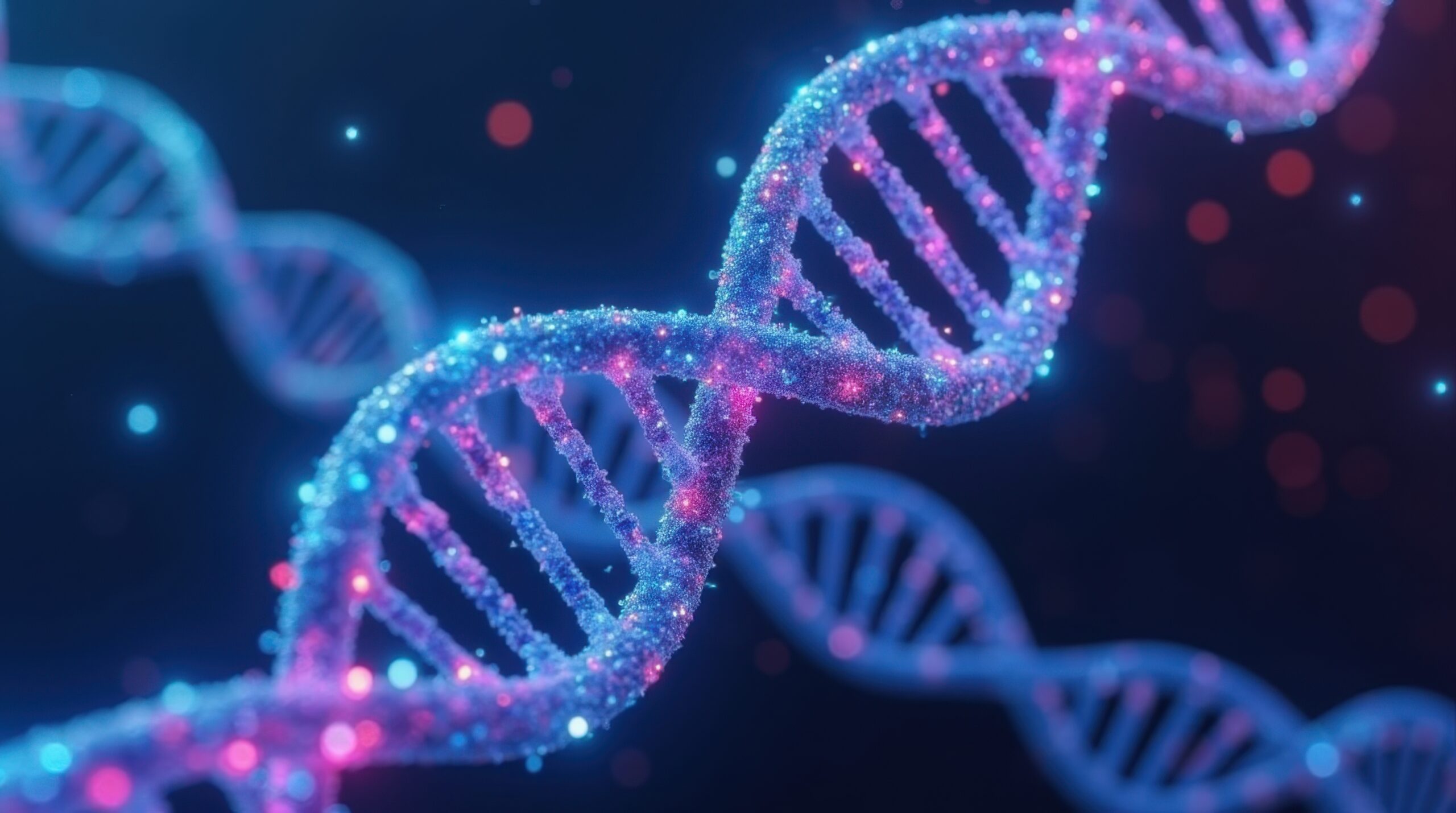A Functional Dermatology Approach to Understanding and Treating Your Acne
Did you know that over 50 million Americans struggle with acne every year? (1) This includes 85% of teenagers and 12% of adult females
That’s a considerable number, and the struggle is real.
The limitations of traditional lotions, creams, and harsh cleansers may provide temporary relief, but they often fall short when it comes to tackling the root cause of acne. This is why breakouts tend to recur, leading to a frustrating cycle. It’s time to consider a different, more comprehensive approach.
Functional dermatology is not just about treating blemishes. It’s a holistic approach that delves deeper into the underlying factors contributing to your acne. By identifying the root cause-whether it’s hormonal imbalances, gut health issues, or chronic inflammation-we can develop a personalized treatment plan for lasting results.
In this blog, I’ll explore the hidden causes of acne and how a functional approach may finally help you achieve clear, healthy skin.
The Basics of Acne: What Is It & How Does It Form
Acne isn’t just about clogged pores and greasy skin, although those can play a role.
It’s a complex inflammatory skin condition affecting the hair follicles and sebaceous glands (oil glands) beneath your skin’s surface. (2)
These glands naturally produce sebum, an oil substance that helps keep your skin hydrated.
However, when dead skin cells and sebum build up inside the follicle, it can create a blockage. This trapped environment can become inflamed due to a type of bacteria called Cutibacterium acnes (formerly P. acnes).
This inflammation is what causes the various types of acne lesions we see: (3)
- Whiteheads: Small, closed bumps caused by trapped sebum and dead skin cells.
- Blackheads: Open pores where the sebum has reached the surface and oxidized, appearing black.
- Papules: Small, red bumps that are inflamed but lack pus.
- Pustules (pimples): Papules with a white or yellow pus center caused by infection.
While clogged pores and excess oil can contribute, they’re not the sole culprits of acne.
In the next section, we’ll dig deeper into the root causes that trigger these blockages and inflammation, leading to frustrating breakouts we know as acne.
Exploring the Root Causes of Acne
While clogged pores and excess oil play a role in acne formation, they’re just the tip of the iceberg.
Understanding the actual root causes of your acne is not just informative, it’s empowering. It’s the key to developing an effective treatment plan that puts you back in control of your skin health.
Here’s a deeper look at the hidden factors that can trigger breakouts:
Gut Health and the Microbiome
The trillions of bacteria residing in your gut, known as the microbiome, play a surprising role in skin health. Studies suggest an imbalance in gut bacteria can contribute to chronic inflammation, manifesting as acne on the skin. (4)
While research is ongoing, maintaining a healthy gut through a balanced diet rich in probiotics, fiber, and polyphenols can benefit some acne sufferers.
Hormonal Imbalances
Hormones play a significant role in sebum production and can significantly impact acne.
Androgens, particularly testosterone, increase during puberty and can trigger breakouts. (5)
Hormonal fluctuations experienced during menstruation, pregnancy, or due to certain medications can also worsen acne in some people.
Inflammation and the Immune System
Chronic low-grade inflammation, often triggered by factors like stress, diet, or environmental toxins, can contribute to acne development. (6)
The body’s immune system sees the trapped sebum and dead skin cells as a threat, leading to inflammation and acne.
Genetics
Acne can run in families, suggesting a genetic predisposition. (7)
However, genetics doesn’t guarantee acne. It simply means you may be more susceptible to developing acne when triggered by other factors.
Diet
While there’s no single “acne diet,” certain foods may worsen breakouts in some people.
High-glycemic foods, dairy products, and processed foods can all contribute to inflammation and potentially exacerbate acne. (8)
Stress and Sleep
We all know stress can wreak havoc on our health, and acne is no exception. Stress hormones can trigger increased sebum production and worsen inflammation, leading to breakouts. (9)
A good night’s sleep is one of the best ways to reduce stress and allow our bodies to rebalance and repair themselves. Science has proven that our bodies go into repair mode as we sleep, correcting skin damage.
Understanding Your Acne Triggers
While we’ve explored various root causes of acne, it’s important to remember that acne isn’t a one-size-fits-all issue.
The factors that trigger breakouts can differ significantly from person to person.
Sugary snacks worsen your acne, while stress may be the main culprit for another person.
The key to achieving clear skin lies in identifying your unique triggers.
Keep a journal and track your diet, lifestyle habits, and menstrual cycle to identify patterns.
Did a day full of sugary treats coincide with a breakout?
Do you notice more blemishes during periods of high stress?
This detective work can be invaluable in uncovering your triggers.
The Functional Approach to Treating Acne
Traditional acne treatments often focus on suppressing symptoms, like reducing oil production or killing bacteria. While these approaches can offer temporary relief, they don’t address the underlying factors causing your breakouts.
Functional dermatology takes a different approach.
I like to think of myself as a detective, digging deeper to uncover the underlying factors contributing to your acne.
Here’s how functional dermatology might tackle some of the root causes we discussed:
- Gut Health: I may recommend dietary changes or probiotics to promote a healthy gut microbiome and reduce inflammation.
- Hormonal Imbalances: Depending on the specific hormonal issue, I suggest hormone-balancing supplements or refer you to a specialist for further evaluation.
- Inflammation: I might explore dietary modifications to reduce inflammation, recommend anti-inflammatory supplements, or address stress management techniques.
- Genetics: While I can’t change your genetics, I can tailor your treatment plan to address other contributing factors and minimize the impact of your genetic predisposition.
This is not an exhaustive list; the specific approach will vary depending on your unique needs.
Functional dermatology is not a one-size-fits-all solution. It’s a personalized, comprehensive approach that values your unique needs and works with you to identify your triggers and address the root cause, leading to clear, healthy skin for the long term.
Clearer Skin Starts From Within
Functional dermatology offers a new path to lasting results. It’s not just about temporary relief but about understanding and addressing the root cause of your acne, paving the way for clear, healthy skin in the long term.
Proper skin health is a journey; sometimes, you need a guide.
Are you ready to ignite your skin’s natural radiance?
Grab your FREE ebook on Unlock Clearer Skin: 10 Pillars of Functional Dermatology You Need to Know.
Resources
1. “Skin conditions by the numbers.” American Academy of Dermatology, https://www.aad.org/media/stats-numbers. Accessed 17 April 2024.
2. “Acne Vulgaris – StatPearls.” NCBI, https://www.ncbi.nlm.nih.gov/books/NBK459173/. Accessed 17 April 2024.
3. “Acne.” American Skin Association, https://www.americanskin.org/resource/acne.php. Accessed 17 April 2024.
4. “Potential Role of the Microbiome in Acne: A Comprehensive Review.” MDPI, https://www.mdpi.com/2077-0383/8/7/987. Accessed 17 April 2024.
5. “Androgens in women: Androgen-mediated skin disease and patient evaluation.” PubMed, 10 October 2018, https://pubmed.ncbi.nlm.nih.gov/30312644/. Accessed 17 April 2024.
6. “The Role of Skin Immune System in Acne.” PubMed, 13 March 2022, https://pubmed.ncbi.nlm.nih.gov/35329904/. Accessed 17 April 2024.
7. “Gene variants associated with acne vulgaris presentation and severity: a systematic review and meta-analysis.” PubMed, 13 April 2021, https://pubmed.ncbi.nlm.nih.gov/33849530/. Accessed 17 April 2024.
8. “Diet and acne: A systematic review.” PubMed, 29 March 2022, https://pubmed.ncbi.nlm.nih.gov/35373155/. Accessed 17 April 2024.
9. “Association of psychological stress with skin symptoms among medical students.” NCBI, https://www.ncbi.nlm.nih.gov/pmc/articles/PMC5885122/. Accessed 17 April 2024.




